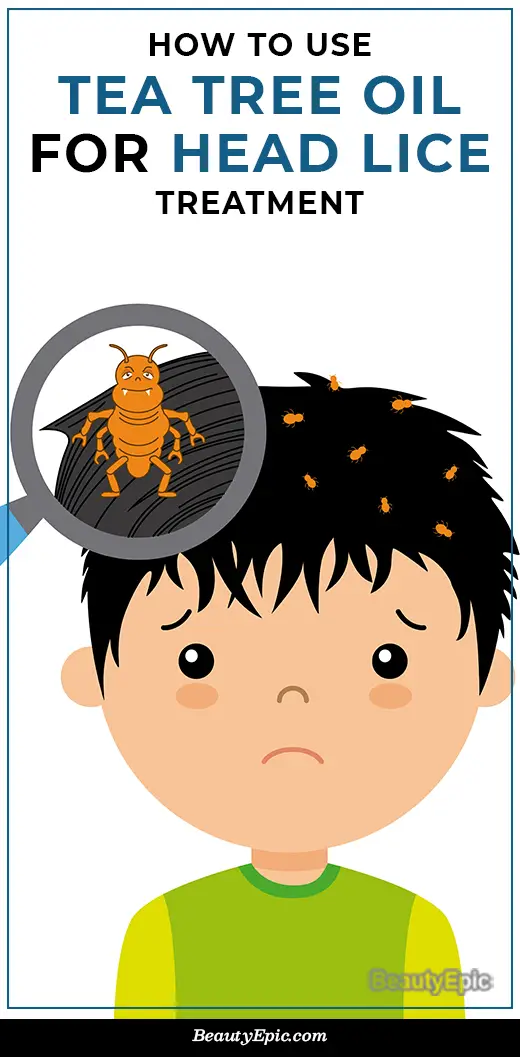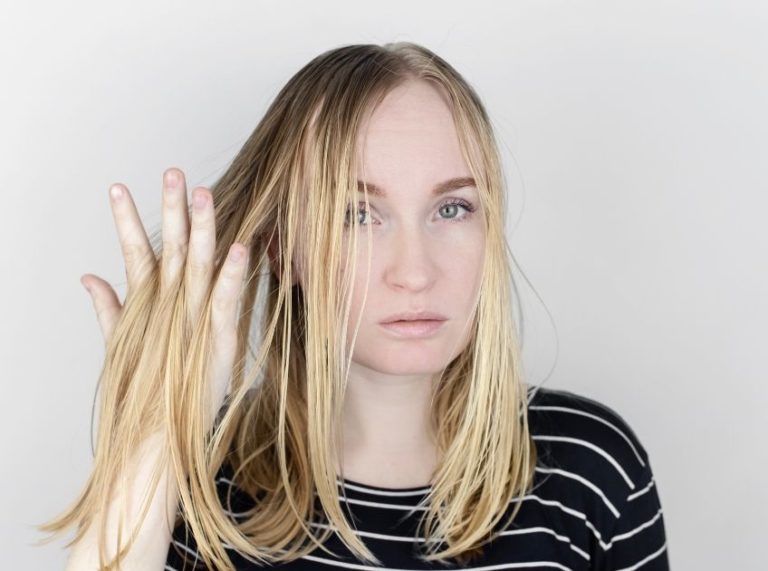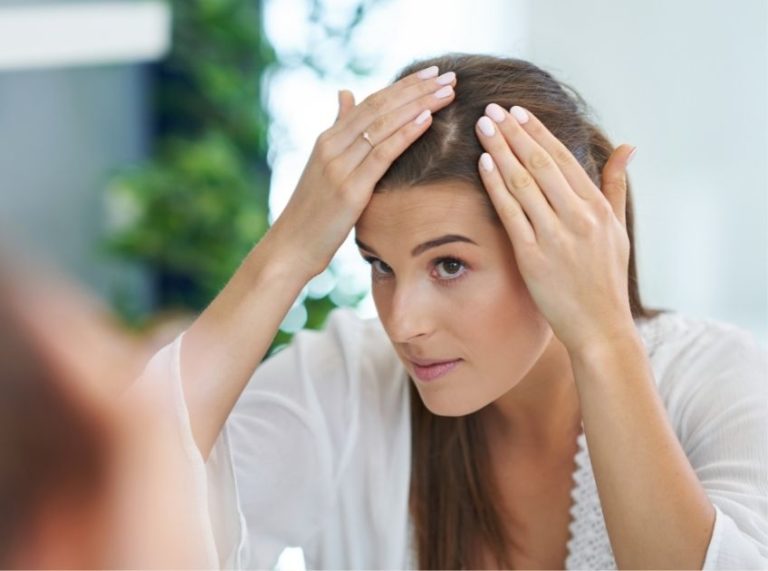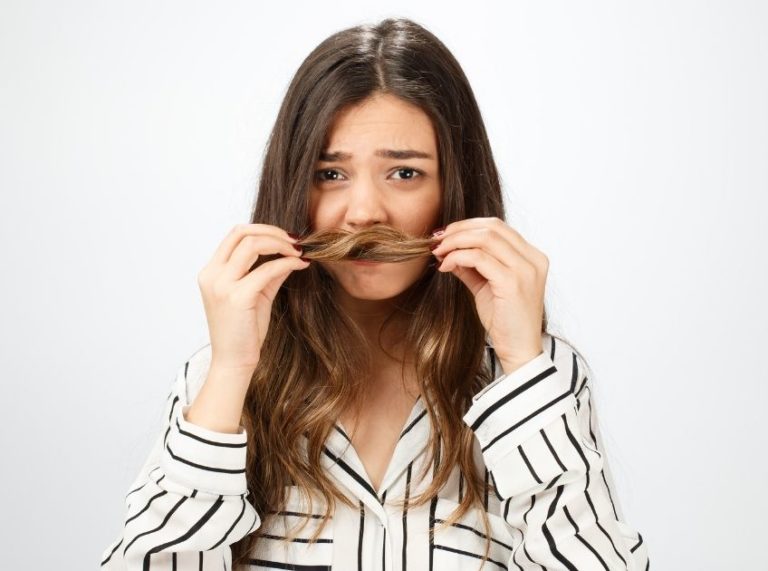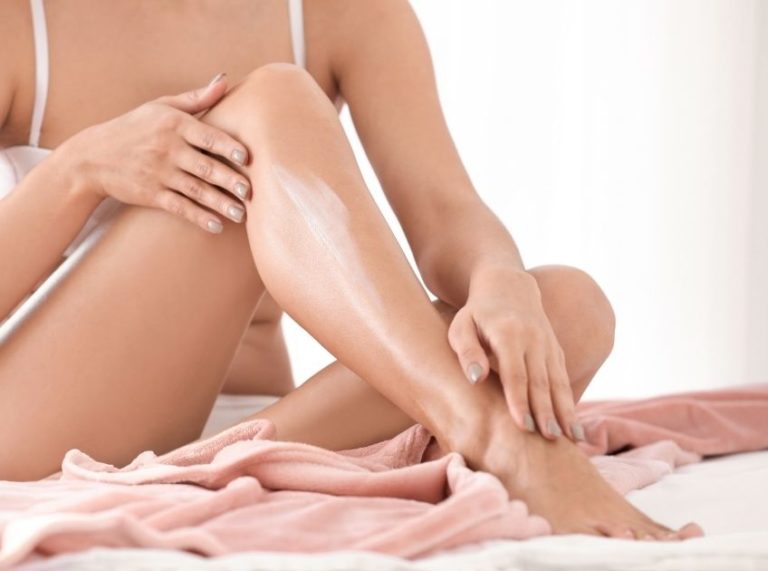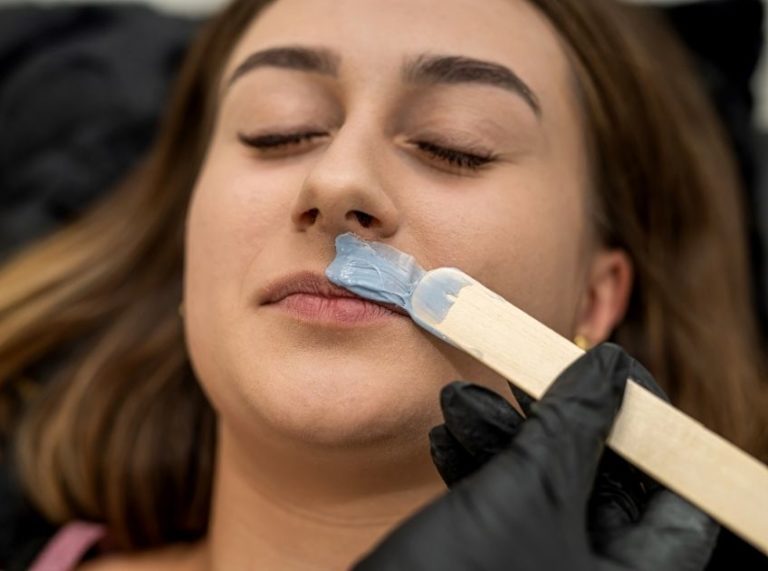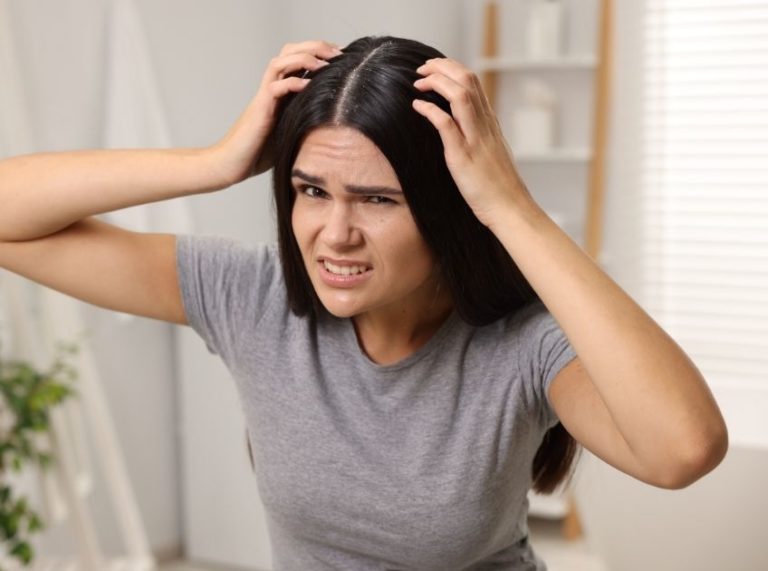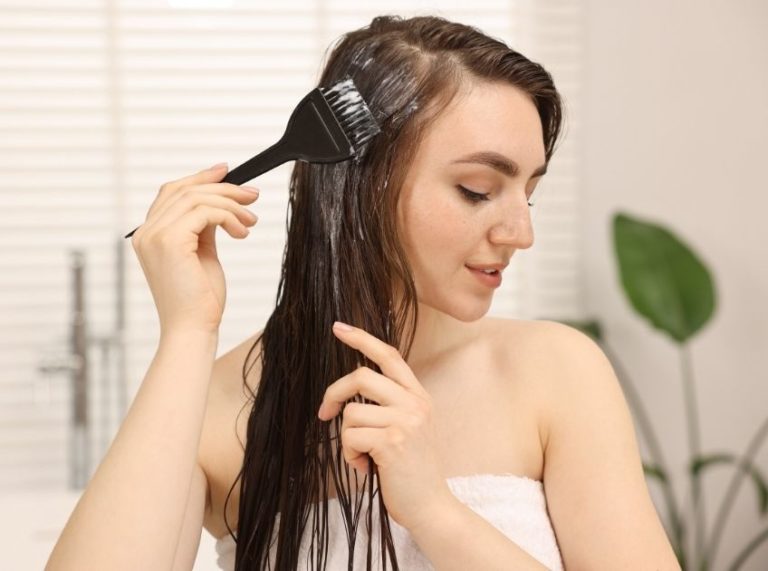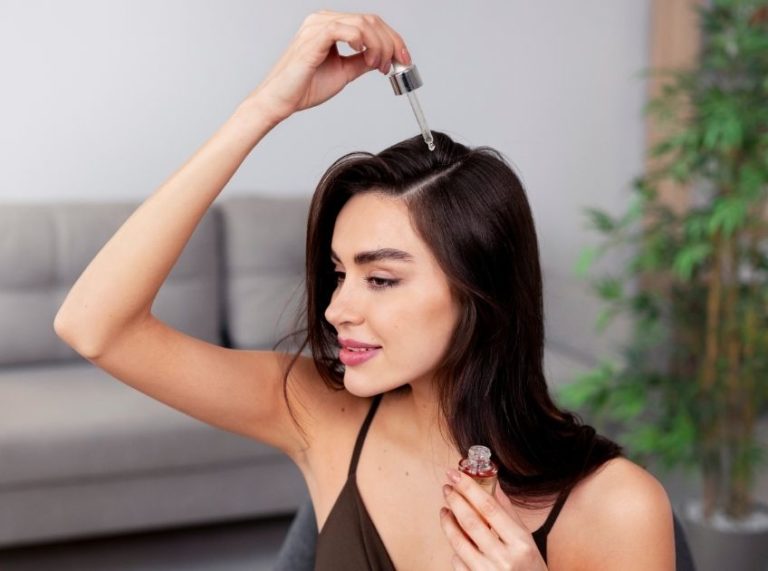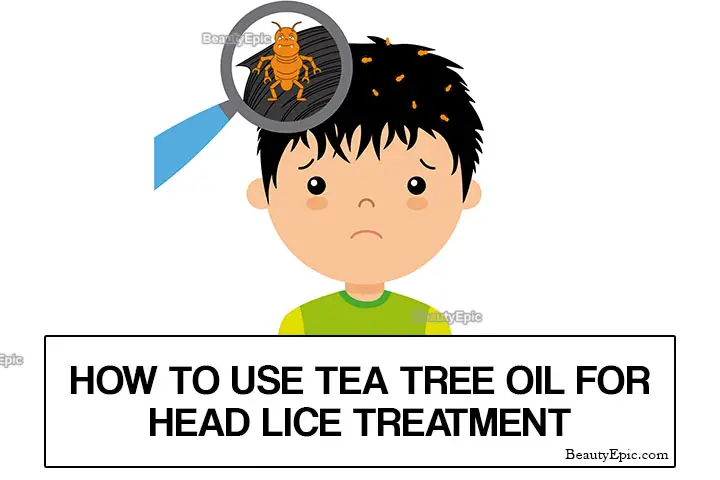
Important: This article is for informational purposes only. Please read our full disclaimer for more details.
Head lice are insects that feed on human blood and infect the scalp. Head lice are easy to spread from one person to the other by physical contact and live their entire life cycle in the scalp. The challenge with treating head lice is that most treatments kill the head lice but cannot help prevent their re-infestation. Let us read to know how to use tea tree oil for head lice prevention.
Article Contains
Does Tea Tree oil Kill Head Lice?

- Tea tree oil has 2 components viz. 1,8-cineole and terpinen-4-ol, that are known to have insecticidal properties.
- Use of tea tree oil not only kills the lice but also kills the eggs that have been laid in the shafts of the hair.
- The strong smell of tea tree oil prevents re-infestation of head lice as well.
- A scientific study has proved that a product containing 10% tea tree oil and 1% lavender oil killed 96.7% of the head lice.
How to Use Tea Tree Oil for Head Lice
Tea tree oil has been scientifically proven to cure head lice and we shall focus on that in this article
Tea Tree oil Solution for Head Lice
You’ll need:
- 2 – 3 drops of tea tree oil
Preparation time: 2 minutes.
How to do:
- Apply 2-3 drops of tea tree oil on the scalp before going to sleep.
- Leave it in overnight and comb hair after getting up the next morning to remove dead lice.
- Wash hair with shampoos and conditioners that contain tea tree oil.
Repetitions: Repeat twice every week till all the lice get killed and cleaned.
Tea Tree oil and Coconut oil for Head Lice

You’ll need:
- 1 teaspoon of tea tree oil
- 3 teaspoons of coconut oil
- 1 ounce of a natural shampoo
Preparation time: 4 minutes.
How to do:
- Mix tea tree oil with coconut oil.
- Add this to your natural shampoo.
- Apply this to your hair and leave it in for 30 minutes.
- Cover your head once this is applied.
- Comb hair thoroughly to remove dead lice.
- Wash hair normally
Repetitions: Repeat the process twice in one week.
[ Read: How to Use Coconut oil for Head Lice ]
Tea Tree oil with Olive oil for Head Lice
You’ll need:
- tea tree oil
- 3 tablespoons of olive oil
Preparation time: 4 minutes.
How to do:
- Mix few drops of tea tree oil with olive oil.
- Apply this on the hair scalp.
- Leave it in for 30-60 minutes and rinse with water.
- Rinse hair with vinegar to prevent further infection.
Repetitions: Repeat the process 3-times a week.
Tips and Precautions
- Tea tree oil is considered toxic when ingested orally, hence all the products that contain tea tree oil are recommended for topical application only.
- It is very important to care for proper storage of tea tree oil so that they do not accidentally get ingested by someone inadvertently.
- Use of tea tree oil can cause skin irritation, mild rashes, depressed behavior, diarrhea, muscle tremors, loss of enthusiasm, rashes around the mouth, bad breath and stomach pain etc. and hence should be avoided if one has a history of allergies.
It is always advisable to check the concentration of tea tree oil before using it as it can cause the skin to burn. Dilution is advised before use.
Best Lice Treatments
| Top Picks | Check Price |
|---|---|
| Best For Prevention:Lice Shield Shampoo & Conditioner at Amazon | Buy on Amazon |
| Best For Sensitive Skin:Cetaphil Gentle Skin Cleanser At Amazon | Buy on Amazon |
| Best For Kids:Ladibugs One And Done Lice Treatment Kit At Amazon | Buy on Amazon |
| Best All-natural:Pompeian Extra Virgin Olive Oil At Amazon | Buy on Amazon |
| Best Mousse:Fairy Tales Lice Good-bye Mousse At Amazon | Buy on Amazon |
| Best Shampoo:Rid Lice Killing Shampoo At Amazon | Buy on Amazon |
| Best Spray:Tec Labs Head Lice Spray At Amazon | Buy on Amazon |
| Best Comb:Nit Free Terminator Lice Comb At Amazon | Buy on Amazon |
You Might Also Like:
- How to Use Tea Tree Oil for Dandruff
- How to Tell the Difference Between Lice vs. Dandruff
- How to Treat Head Lice with Apple Cider Vinegar?
- How to Use Apple Cider Vinegar for Hair?
- How to Treat Head Lice with Apple Cider Vinegar?
